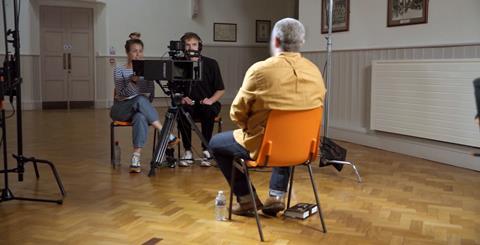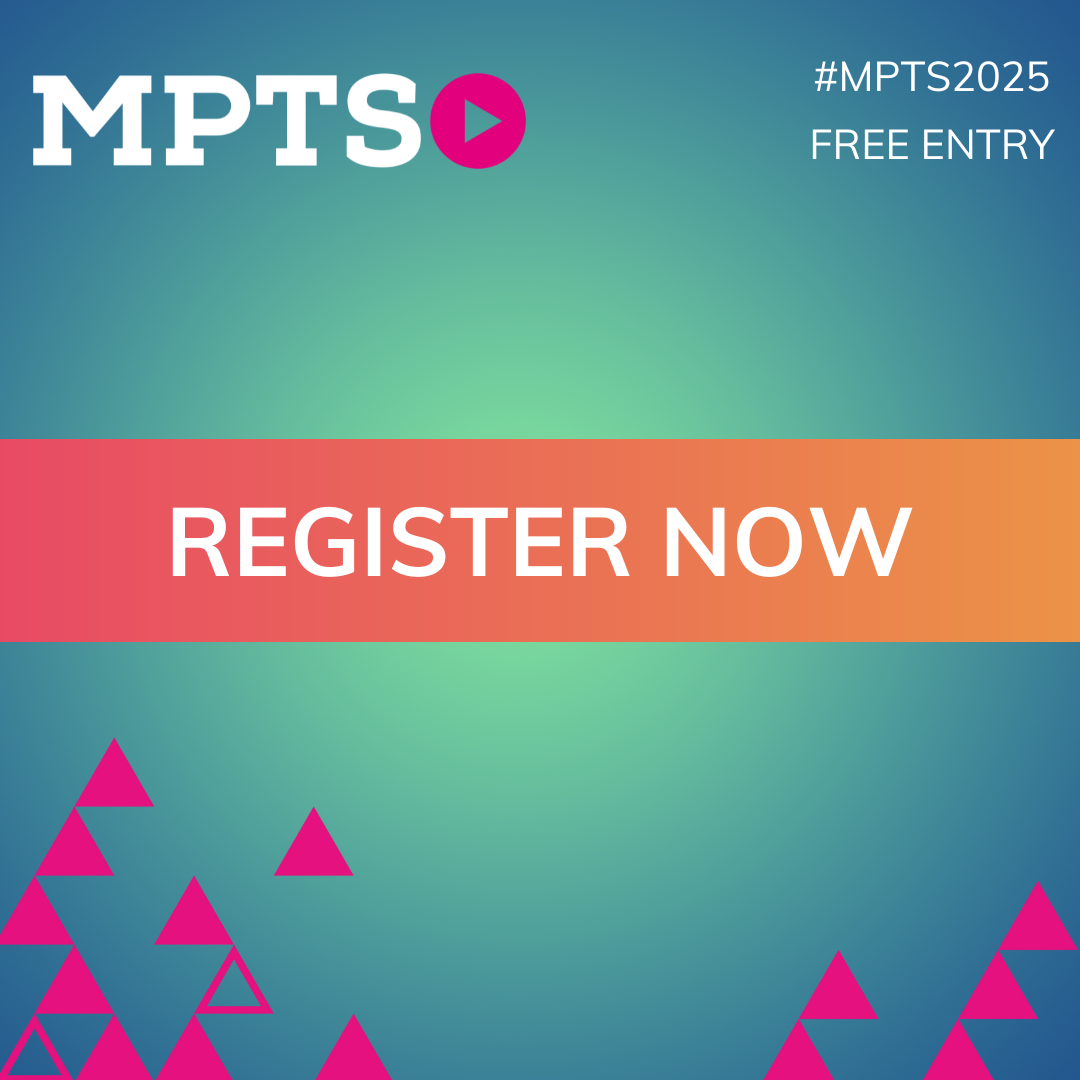Deepfaking AA members: inside Daisybeck’s alcoholism doc
)
Exec producer Pamela Gordon and BBC religion chief Daisy Scalchi hail technology for giving recovering alcoholics a voice
Deepfaking contributors for forthcoming BBC2 alcoholism doc I’m An Alcoholic: Inside Recovery made them more relatable for audiences while protecting their anonymity, exec producer Pamela Gordon has revealed.
For the Daisybeck-produced single, which airs tonight (7 December), the team was granted exclusive access to take cameras inside Alcoholics Anonymous meetings for the first time, and interview three of its members, with the proviso they remained unidentifiable.
Rather than making contributors feel like perpetrators by blurring out their faces or distancing them by using actors, eOne-owned Daisybeck and the BBC jointly agreed the approach was to deepfake the interviews – superimposing different faces over the top of the contributors – which allowed them to share their own stories.
“We wanted something which viewers would know was deepfake but would ignore and just focus on the individuals offering their powerful testimony as passionate spokespeople for recovery,” Gordon told Broadcast.
“The contributors are really happy their faces are human faces with emotions and expressions that people are more likely to relate to. Using blur to anonymise them would have been a real shame because it has connotations that they might have done something wrong, which they haven’t.”
Daisy Scalchi, the BBC’s head of religion and ethics who commissioned the show, agreed, saying deepfake helped bring out the positive message of being in recovery, and avoided showing alcoholics as “other”.
Using the technology – which has raised concerns because of its use in fraud and scams – came with a responsibility to protect the audience as well as contributors, Scalchi added.
“There are huge considerations with this being new technology that hasn’t been used very widely. In factual it is pretty ground-breaking,” she said.
“It’s a bit like fire – it can be used to destroy and destruct, or it can be used to construct. We wanted it to be additive to the film and bring these stories to life in a whole new way that I hope resonates with viewers.”
To avoid misleading audiences with the technology, Scalchi said the BBC was “cautious” about ensuring clear signposting whenever someone’s face has been deepfaked.
“Doc storytelling must always be grounded in truth and authenticity, and we must ask if the technology enhances or compromises that. If there is any question it is the latter, don’t do it.”
She said she will always “interrogate” any future ideas that rely on deepfake to ensure that it is not used as a gimmick. “There has to be a real purpose behind it, and it has to bring something authentic to the storytelling,” she said.
Production challengesGordon added the tech presented practical issues as well as ethical considerations. The three master interviews had to be carried out very early on in the filming process to ensure the deepfaking worked properly, which bucks the norm of documentary filmmaking, with master interviews usually carried out later down the line when it becomes more clear what questions need to be asked.
Additionally, all three interviews and the deepfake faces had to be filmed on the same day because they had to be done under the exact same conditions for the technology to work.
The fact that one contributor had a beard also proved problematic, Gordon added. Because a beard doesn’t have a sharp line like the edge of a face, the deepfake finds it difficult to learn, and the team had to test various beards against the contributor’s beard to see which one would ‘patch over’ best.
“It needed to be a controlled situation to give us the best chance of everyone being happy with it,” she added.
Gordon also had a word of caution for other doc makers While deepfake was “appropriate” in this film, she urged filmmakers to use it sparingly for anonymising purposes.
“It is tempting to look for an easy way out of filming someone who has a difficult story. But I think you lose something in doc making if you do that all the time,” she said. “I would hate it if there was a time where people started to turn to deep fake as a default.”
I’m An Alcoholic: Inside Recovery airs on Wednesday (7 December) on BBC2. It is directed by Jemma Gander, and marks the 75th anniversary of Alcoholics Anonymous in the UK
How deepfake worksDuncan Buxton, chief operating officer, Glassworks
“Deepfake is based on machine learning that builds models of human faces or heads from data. The data comes from video imagery of a person, either shot specifically or gathered from existing footage.

“Deepfake software uses AI algorithms to identify facial expressions from a clip and match to data in the learned model. The more comprehensive the model, the better the match. It analyses and replaces the face in each individual frame of a video sequence to create a ‘mask’ of the learned model imitating the performance. This is composited onto the source clip to create the deepfake.
“Working collaboratively with Daisybeck Films, we were involved at every stage of production to make the most efficient use of the shooting time available and create highly believable deepfakes in a relatively short time frame.”

)
)
)
)
)
)
)
)
)
)
)
)
)
)
)
)
)
)
)
)
)
)
)
)
)
)
)
)
)
)
)
)
)
)
)
)
)
)
)
)
)
)
)
)
)
)
)
)
)
)
)
)

)
)
)
)
)
)
)
)
)
)
)
)
)
)

)
)
)
)
)
)
)
)
)
)
)
)
)
)
)
)
)
)
)
)
)
)
)
)
)
)
)
)
)
)
)
)
)
)
)
)
)
)
)
)
)
)
)
)
)
)
)
)
)
)
)
)
)
)
)
)
)
)
)
)
)
)
)
)
)
)
)
)
)
)
)
)
)
)
)
)
)
)
)
)
)
)
)
)
)
)
)
)
)
)
)
)
)
)
)
)
)
)
)
)
)
)
)
)
)
)
)
)
)
)
)
)
)
)
)
)
)
)
)
)
)
)
)
)
)
)
)
)
)
)
)
)
)
)
)
)
)
)

)
)
)
)
)
)
)
)
)
)
)
)
)
)
)
)
)
)
)
)
)
)
)







